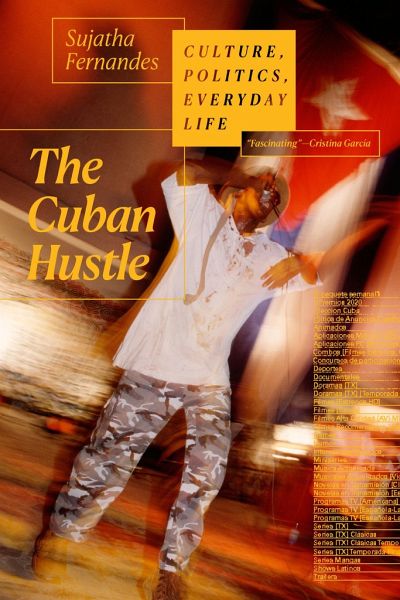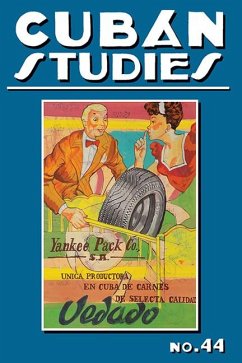Nicht lieferbar

The Cuban Hustle
Culture, Politics, Everyday Life
Versandkostenfrei!
Nicht lieferbar
In The Cuban Hustle, Sujatha Fernandes explores the multitudinous ways artists, activists, and ordinary Cubans have hustled to survive and express themselves in the aftermath of the Soviet Union’s collapse. Whether circulating information on flash drives as a substitute for the internet or building homemade antennas to listen to Miami’s hip hop radio stations, Cubans improvise alternative strategies and workarounds to contend with ongoing isolation. Throughout these essays, Fernandes examines the emergence of dynamic youth cultures and social movements as Cuba grappled with economic collap...
In The Cuban Hustle, Sujatha Fernandes explores the multitudinous ways artists, activists, and ordinary Cubans have hustled to survive and express themselves in the aftermath of the Soviet Union’s collapse. Whether circulating information on flash drives as a substitute for the internet or building homemade antennas to listen to Miami’s hip hop radio stations, Cubans improvise alternative strategies and workarounds to contend with ongoing isolation. Throughout these essays, Fernandes examines the emergence of dynamic youth cultures and social movements as Cuba grappled with economic collapse, new digital technologies, the normalization of diplomatic ties with the United States during the Obama administration, and the regression of US-Cuban relations in the Trump era. From reflections on feminism, new Cuban cinema, and public art to urban slums, the Afro-Cuban movement, and rumba and hip hop, Fernandes reveals Cuba to be a world of vibrant cultures grounded in an ethos of invention and everyday hustle.













